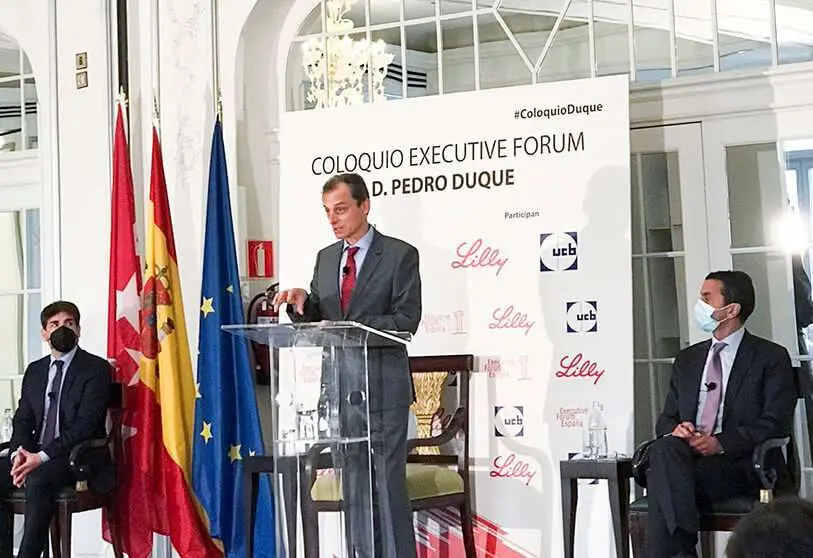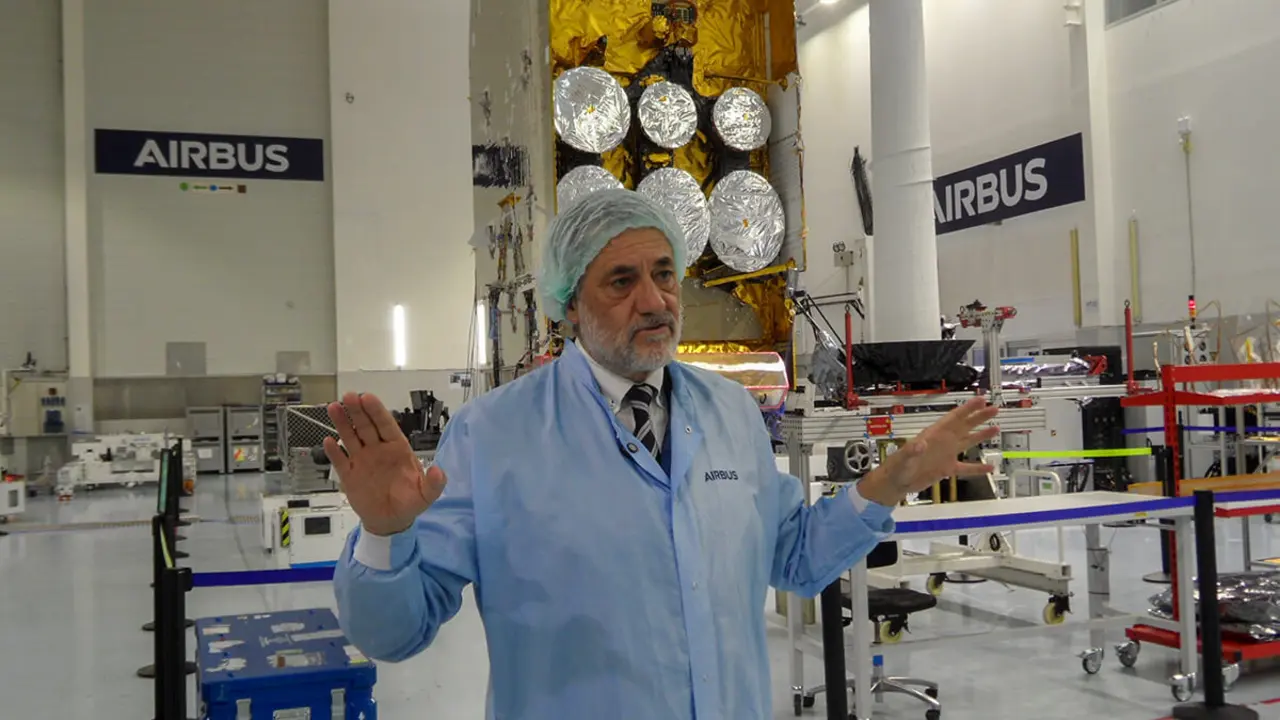Pedro Sánchez's government renounces to create its own national space organisation

The Minister of Science and Innovation, the astronaut Pedro Duque, declines to promote the creation of a national space organisation that coordinates the competences that in Pedro Sánchez's government are divided between five departments: Science, Industry, Defence, Ecological Transition and Transport.
In his speech at the colloquium organised by Executive Forum at the Casino de Madrid on 3 March, and in response to the question of when the government is considering setting up an organisation equivalent to a national space agency, Pedro Duque said that our country does not need one. "The Spanish Space Agency is the European Space Agency and, for the time being, "we are going to stay as we are".
From the minister's perspective, the creation of a national organisation dedicated exclusively to matters related to outer space has been the subject of reflections "that have been done for some time". But creating more public structures "is a bit scary" because "they are not always the solution to things".

Duque stressed that practically all Spanish space investment in the area of research and development comes from his ministry through contributions to the European Space Agency (ESA). He stressed that his department must "bring together" the needs of other areas of the administration and "channel" contributions towards space innovation. These activities "are well coordinated" and activating a national space-focused organisation would be a "complement" to ESA, says Pedro Duque.
When asked whether his department will promote the development of a new satellite to replace the electro-optical SeoSat/Ingenio Earth observation satellite that was destroyed in mid-November last year, the minister did not give an answer. Nor did he reveal whether his department is working on drafting a National Space Plan.

The minister's words have surprised many of the executives consulted in the sector, as well as senior government officials outside the Ministry of Science, all of whom prefer to remain anonymous. For the most part, they believe there is a lack of "greater coordination" and a policy that could be set out in a White Paper defining "a National Space Plan for the next 5 to 10 years". The current model "is insufficient and prevents proper coordination between the different departments".
Some highlighted the "absence of a leader" in the General State Administration capable of "flying the flag of what it means to define a policy accompanied by a National Space Plan". They hoped that because of his training and background, Pedro Duque was "the person who could best have led the creation of this small structure... for which we have been preaching for years". However, they suggest that the matter is not of interest to the presidents of the government, which causes the ministers to "put aside an issue that generates conflict".

They stress that establishing an agency would have the side effect of "continuity". They are aware that "variations in budgets are inevitable", but if there were a spatial organisation, "changes of government would not cause major disturbances and would maintain stability and continuity in the objectives previously set", they summarise.
The fact that ESA brings together the efforts of 22 European states in the fields of exploration, Earth observation and telecommunications does not prevent France from having its own space agency (CNES) since 1961. This is also the case for Germany, which founded it in 1969 (DLR), Italy since 1988 (ASI), the United Kingdom in 2010 (UK Space Agency) and even Luxembourg, which gave it life in 2018 (LSA) and Portugal in 2019 (Portugal Space).

Establishing an organisation to define a nation's space policy does not require a country with great pretensions. Within the framework of old Europe, Sweden has had its own small institution (Rymdstyrelsen) dedicated exclusively to space since 1972, Norway organised its agency in 1987 (Norsk Romsenter), Hungary since 1992 (HSO), Romania established it in 1991 (ROSA), Poland founded it in 2014 (POLSA) and Greece in 2019 (HSA).
There is no similar model structure between them. "Each nation has chosen the one best suited to its possibilities and ambitions and has set up an organisation similar to NASA", whose annual budget is in the order of an abysmal $14.4 billion. The best thing to do is to "adapt to national realities and pursue a rational, coordinated policy under one umbrella... it is high time".

Some favour a kind of National Space Commission, with its own budget and a full-time chairman to act as an internal champion, able to make the most of the resources at its disposal.
At a time when the European Union is inclined to set up an institutional constellation of satellite communications and new initiatives are emerging in much of the world, "a body is needed to coordinate and define Spain's global position, not that of a ministry". Everyone agrees that the new organisation should not be centralised in a specific ministry, but at a much higher level. But reiterating Minister Duque's statements, "for the time being we are going to stay as we are".









